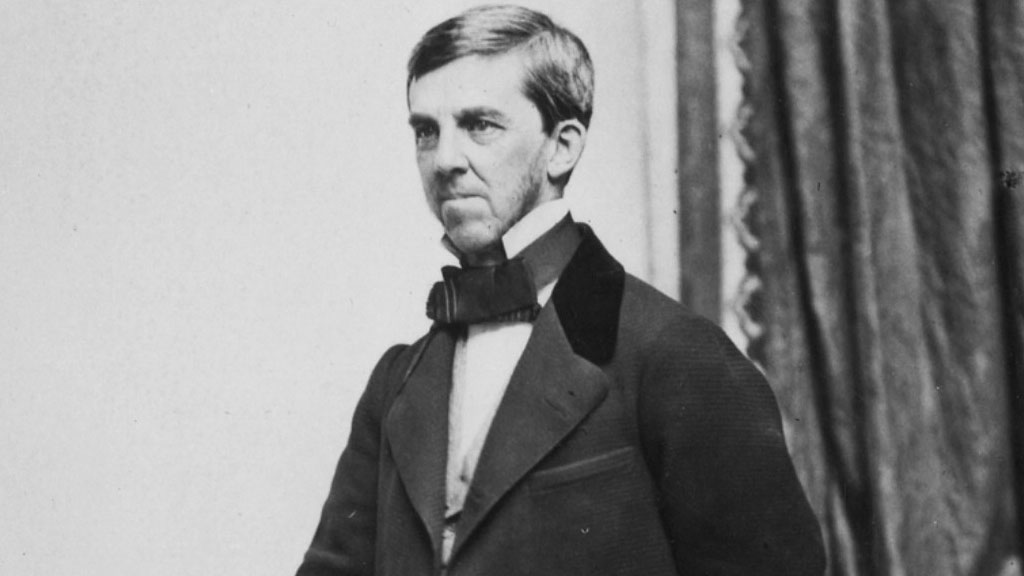The city of Boston has long been renowned for its rich history, cultural landmarks, and prestigious educational institutions. At the heart of this heritage lies the Boston Brahmin, a term used to describe the city’s elite class of intellectuals, politicians, and business leaders. For centuries, the Boston Brahmin have played a significant role in shaping the city’s educational landscape, with a strong emphasis on tradition, academic excellence, and social responsibility. In this article, we will delve into the world of Boston Brahmin schools and education, exploring their history, values, and impact on the city’s intellectual and cultural scene.

A Brief History of Boston Brahmin Schools
The Boston Brahmin’s commitment to education dates back to the 17th century, when the city’s founders established the Boston Latin School in 1635. This esteemed institution, which still operates today, was the first public school in the United States and set the standard for academic excellence in the city. Over the centuries, the Boston Brahmin continued to establish and support a range of elite schools, including private academies, boarding schools, and colleges.
One of the most famous Boston Brahmin schools is Harvard University, founded in 1636. Harvard has long been a bastion of intellectual and academic excellence, attracting students from around the world and producing some of the most influential thinkers and leaders of the past few centuries. Other notable Boston Brahmin schools include Phillips Academy, Andover, and Groton School, all of which have a long history of producing well-rounded, highly educated, and socially responsible individuals.
Core Values of Boston Brahmin Education
At the heart of Boston Brahmin education is a strong emphasis on core values, including:
- Academic Excellence: Boston Brahmin schools have always prioritized academic achievement, with a focus on developing critical thinking, analytical skills, and a love of learning.
- Character Development: Boston Brahmin education places a strong emphasis on character development, with a focus on cultivating qualities such as integrity, responsibility, and social responsibility.
- Tradition: Boston Brahmin schools have a deep respect for tradition, with many institutions preserving their historic buildings, customs, and values.
- Community Service: Boston Brahmin education emphasizes the importance of community service and social responsibility, with many students encouraged to engage in volunteer work, philanthropy, and civic engagement.
The Boston Brahmin Education Experience
Attending a Boston Brahmin school is a unique and transformative experience. Students are immersed in a rigorous academic environment, with access to world-class facilities, faculty, and resources. Outside of the classroom, students are encouraged to participate in a range of extracurricular activities, including sports, music, and drama.
Boston Brahmin schools are also known for their strong sense of community and camaraderie, with many students forming lifelong friendships and connections. The bonds formed between students, faculty, and alumni are a key aspect of the Boston Brahmin experience, with many graduates going on to become leaders in their fields and remaining committed to the values of their alma mater.
Impact of Boston Brahmin Education on the City
The Boston Brahmin education system has had a profound impact on the city of Boston, shaping its intellectual, cultural, and economic landscape. Boston Brahmin schools have produced many of the city’s most influential leaders, including politicians, business leaders, and cultural icons.
The Boston Brahmin’s commitment to education has also contributed to the city’s reputation as a hub of innovation and intellectual curiosity. With a strong emphasis on academic excellence, critical thinking, and problem-solving, Boston Brahmin schools have helped to foster a culture of entrepreneurship, innovation, and creativity in the city.
Frequently Asked Questions (FAQ)
- What is a Boston Brahmin?
A Boston Brahmin refers to a member of the city’s elite class of intellectuals, politicians, and business leaders. - What is the history of Boston Brahmin schools?
Boston Brahmin schools date back to the 17th century, with the establishment of the Boston Latin School in 1635. - What are the core values of Boston Brahmin education?
The core values of Boston Brahmin education include academic excellence, character development, tradition, and community service. - What is the Boston Brahmin education experience like?
The Boston Brahmin education experience is a unique and transformative experience, with a strong emphasis on academic rigor, extracurricular activities, and community service. - What is the impact of Boston Brahmin education on the city?
The Boston Brahmin education system has had a profound impact on the city of Boston, shaping its intellectual, cultural, and economic landscape.
Conclusion
The Boston Brahmin schools and education system are a testament to the city’s rich history, cultural heritage, and commitment to intellectual excellence. With a strong emphasis on core values, academic rigor, and community service, Boston Brahmin schools have produced generations of well-rounded, highly educated, and socially responsible individuals.
As the city of Boston continues to evolve and grow, the legacy of the Boston Brahmin education system remains an essential part of its identity and heritage. Whether you are a student, alumni, or simply a visitor to the city, the Boston Brahmin schools and education system are a source of inspiration, pride, and intellectual curiosity. By preserving and promoting the values of academic excellence, character development, tradition, and community service, the Boston Brahmin education system will continue to shape the city’s intellectual, cultural, and economic landscape for generations to come.
Closure
Thus, we hope this article has provided valuable insights into The Legacy of Boston Brahmin Schools and Education. We hope you find this article informative and beneficial. See you in our next article!





